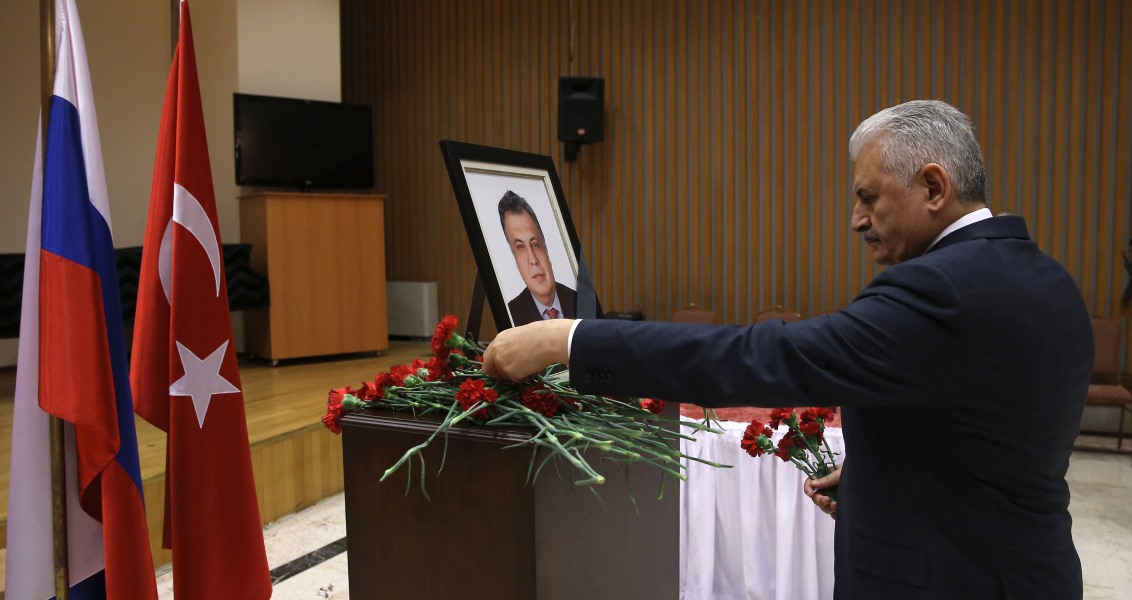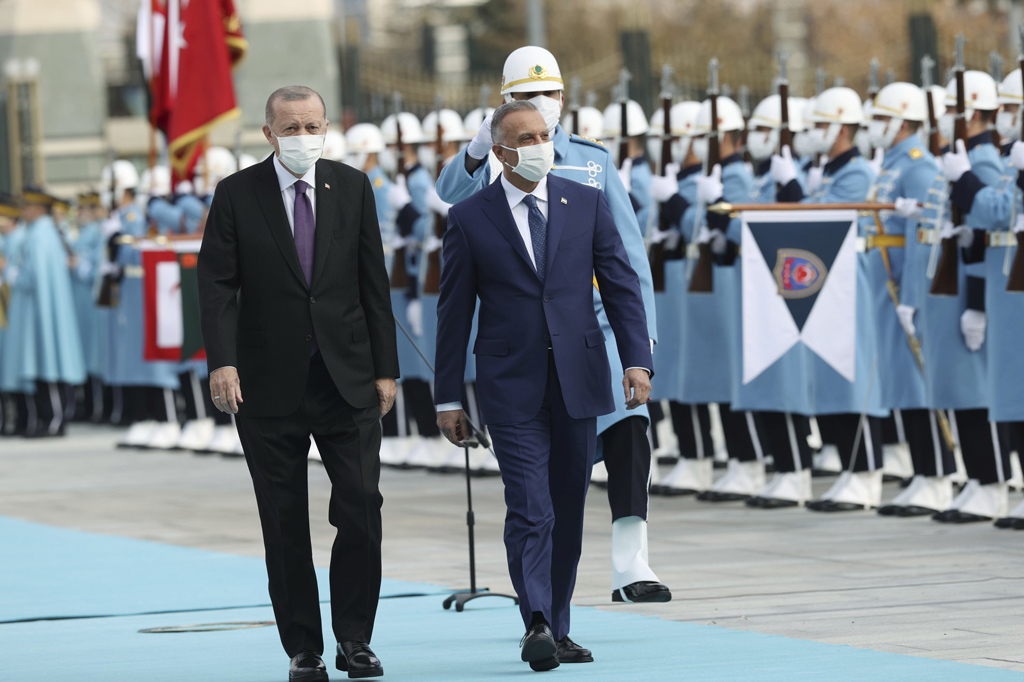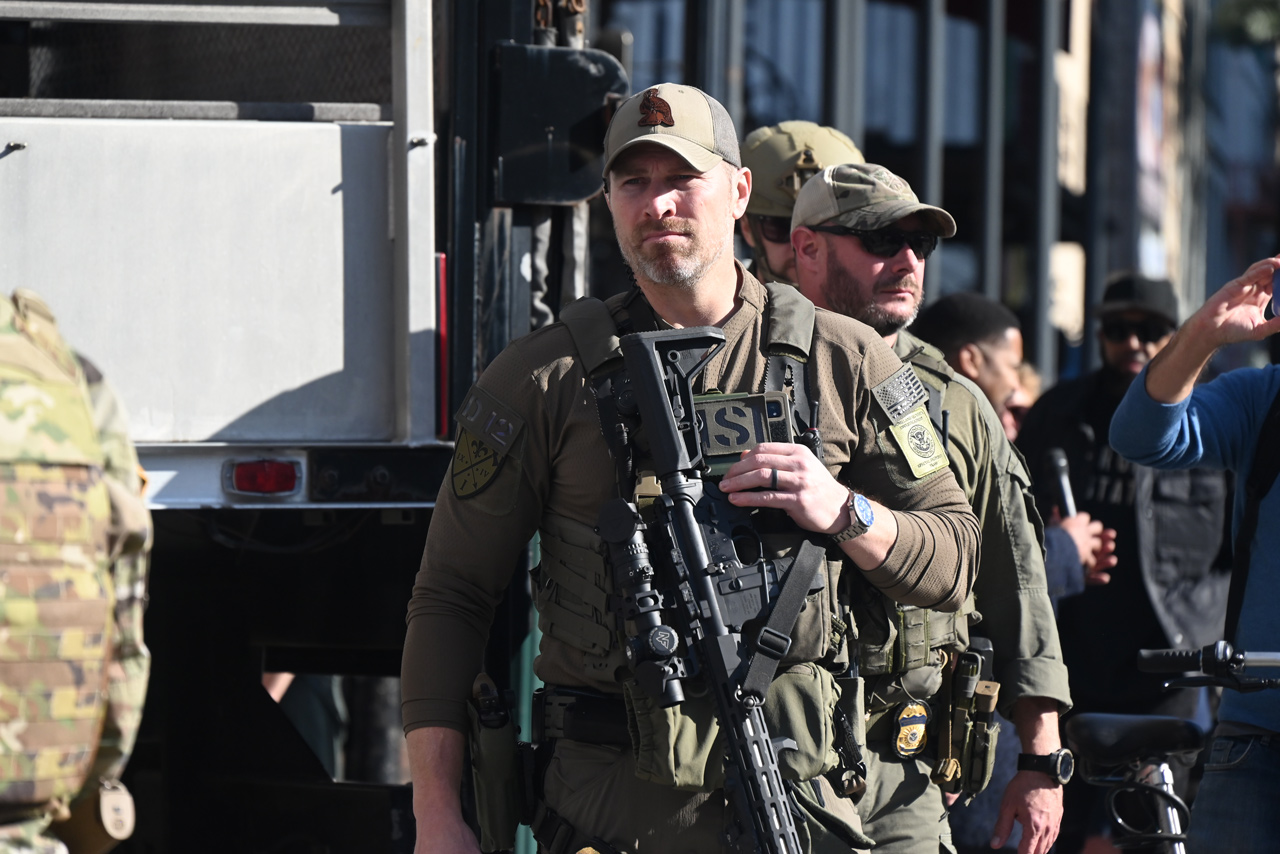
The Assassination of the Russian Ambassador and Its Meaning: Why Was Turkey Targeted?
The assassination of the Russian ambassador to Turkey cannot be discussed without taking the national, regional and global developments and conjuncture into consideration
Share
Russian Ambassador Andrey Karlov was assassinated on Tuesday Dec. 19, 2016 during a speech at an exhibition in Ankara by a gunman dressed as a guard. Given the identity of the assassin and his connections, it is quite clear that the Gülenist Terrorist Group (FETÖ) is directly involved in this assassination. However, while the identity of the murderer, who was shot down at the scene, and his immediate connections were quickly revealed, the following questions are still waiting to be answered: Who was behind the assassination? What was the main purpose of the homicide? Who was the main target?
This assassination, which was an unusual terrorist assault for different reasons, targeted Turkish domestic and foreign policies. In order to demonstrate Turkey as a failed state, those behind the assassination specifically chose a police officer to carry out the assassination. Many inferences can be made, but the most important target of this assassination was Turkish national security as it aimed to create instability in the Turkish political system. Facing vital threats not only from states, but also from violent non-state actors, Turkey has been successfully handling the different waves of these challenges since 2013. With its stable political system, functioning economy and strong political leadership, Turkey has been able to resist these increasing menaces. In this piece, I will try to explain the meaning of the assassination and it implications for Turkey.
First of all, it was conducted against the highest Russian diplomatic representation in Ankara. The assassination of ambassadors who enjoy diplomatic immunity is quite rare. This is the first murder of a high-level diplomat in Turkey since the assassination of Ephraim Elrom, the General Consulate of Israel, in 1971 by a radical leftist group. The decision to kill a diplomat, among the most protected people in any country, is to show Turkey's inability in its struggle against terrorism.
Second, the timing of the assassination was noteworthy. Choosing a live event means demonstrating a country that has a lack of capacity and security problems. Thus, the attack can be considered an attempt to discredit Turkey's political leadership. This assassination was a clear message to the Turkish political leadership not to follow a daring foreign policy in the region. As one of the few stable countries in the Middle East, Turkey has been struggling for regional stability and solutions to regional problems.
Third, the identity of the assassin and his slogans were attempts to give different messages. Choosing a police officer was a clear message to Turkey's political leadership that the security structure of the country is still precarious. FETÖ, among others, had mainly penetrated deeply into the security apparatus and after the coup attempt, FETÖ-affiliated persons working in state security were suspended or fired. At a time when the West has been condemning the Turkish government for these suspensions, FETÖ and its mastermind have tried to create a misperception that the Turkish security apparatus is weak and an easy target for terrorist organizations. By choosing al-Qaeda slogans, they try to associate Turkey with a difficult struggle against radical terrorist groups active in the region. On the first day of the event, many newspapers claimed that the assassin was a member of al-Nusra Front. Nevertheless, al-Nusra Front representatives published a declaration denying the claims. That is, the murder was an attempt to delegitimize the Turkish political leadership.
Fourth, this murder targeted Turkey's relations with Russia and thus the international position of Turkey. Turkey's quest to follow a relatively independent foreign policy and become regional power is strongly opposed by the global, but mostly, Western powers. Western countries consider this quest a deviation from Turkey's place in the Western alliance system, Turkey's traditional relationship with the West, i.e. political and military dependence on the West. Assassinating the Russian ambassador means to disrupt Turkish-Russian relations, which has been seen as a balancing move against the alienation practiced by the West. Turkey's political leadership perceives the rapprochement with Russia, the main global challenger of the West in the Middle East and other neighboring regions of Turkey, as the only way to break the projected Western isolation and alienation of the country.
Fifth, the assassination targeted the negotiation process in the Syrian crisis. Although they support opposite sides, Turkey and Russia are among the main powers active in the Syrian crisis and both are aware that without the contribution of the other it is impossible to reach a settlement in the crisis. Considering that the crisis cannot be solved militarily, Russia and Turkey have to improve real diplomatic dialogue to find a common ground. On the other hand, the rapprochement between Turkey and Russia is one of the main concerns of the Western countries since this rapprochement excluded Western countries from the Syrian crisis. The two states agreed to initiate the diplomatic dialogue in Astana, the capital of Kazakhstan, not as a complementary track but as an alternative. Nothing came out of the Geneva and Vienna negotiations, which were under the auspices of the Western countries.
The assassination of the Russian Ambassador to Turkey cannot be discussed without taking the national, regional and global developments into consideration. Developments at different levels are significantly interconnected. We live in a world in which we need to find the answer to domestic events not only from the domestic standpoint but also from regional and global settings. Terrorist attacks against Turkey can be read as the synchronized activities of different terrorist organizations supported by certain states, and these orchestrated attacks damage the global struggle against international terrorism. All global and regional powers must stop their selective engagements with violent non-state actors and cease their support for terrorist organizations.
[Daily Sabah, December 27, 2016]
Tags »
Related Articles








